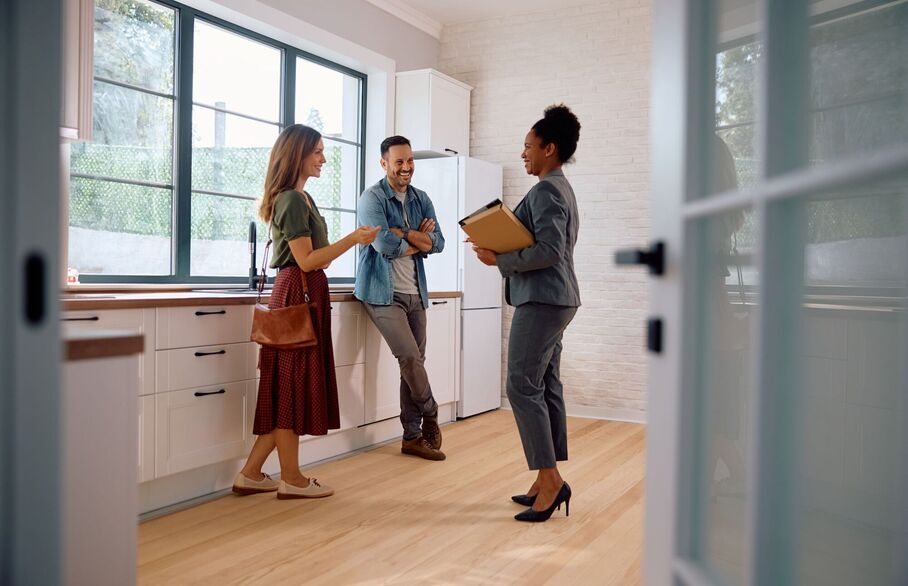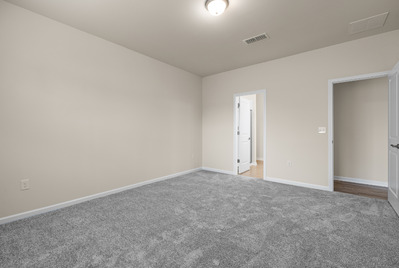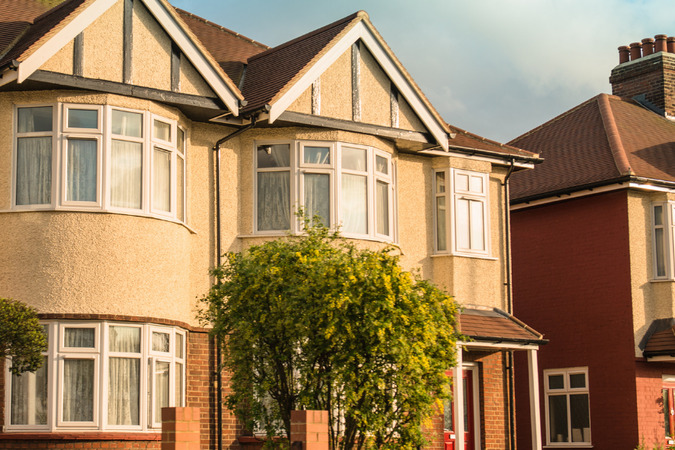Beyond the deposit: understanding the true cost of buying a home

Buying a home is an exciting milestone, and saving up for the deposit is often the biggest financial hurdle people focus on. However, the deposit is just the starting point of a much bigger financial commitment. There are several other significant costs involved in purchasing a property that many buyers overlook, which can lead to unwelcome surprises down the line. To help you budget more accurately and make informed decisions, let's break down the true financial commitment of buying a home.
What are some of the additional costs associated with buying a property?
While your deposit is a crucial upfront payment, typically ranging from 5% to 20% or more of the property's purchase price, it is vital to understand that it is not the only lump sum you'll need. Failing to account for additional expenses can cause delays or financial strain. Here are some of the core expenses you'll encounter beyond your initial deposit:
Solicitor and conveyancing fees
You'll need a solicitor or licensed conveyancer to handle all the legal aspects of transferring property ownership. Their fees cover things like conducting searches, drafting contracts, and registering your ownership. These costs can vary, so it's wise to get a few quotes.
Stamp Duty Land Tax (SDLT)
This is a tax you pay to the government when you buy a property or land over a certain price in England and Northern Ireland. The cost of stamp duty varies depending on the price of your chosen property and your reason for buying it. You can use our stamp duty calculator to work out the stamp duty on your chosen property.
Property surveys
While not legally mandatory, a property survey is highly recommended. It involves a qualified surveyor inspecting the property to uncover any potential structural issues, damp, or other problems that might not be obvious. There are different types of surveys, from basic condition reports to more comprehensive building surveys, with costs varying accordingly. Skipping this step to save money could lead to far more expensive problems down the line.
Mortgage arrangement and valuation fees
If you're taking out a mortgage, your lender will likely charge a mortgage arrangement fee (sometimes called a product fee). They will also require a valuation fee to assess the property's value for their lending purposes. Some lenders might offer deals where these fees are waived or added to your mortgage, but it's crucial to understand how they apply to your specific deal.
Other associated charges
Don't forget smaller, but still important, costs like electronic transfer fees (for moving large sums of money), ID verification fees, and potentially local authority search fees. If you're buying a leasehold property, you might also encounter leasehold specific fees.
Planning for a smoother purchase
Having a clear picture of all these costs from the outset is essential for a smooth and stress-free home-buying journey. It allows you to budget more accurately, avoid last-minute financial surprises, and ensures you're fully prepared for the total financial commitment.
Got more questions about the costs involved in buying a home, or ready to discuss your property plans? Don't hesitate to contact your local branch. Our expert team is here to provide clear, helpful advice every step of the way.






